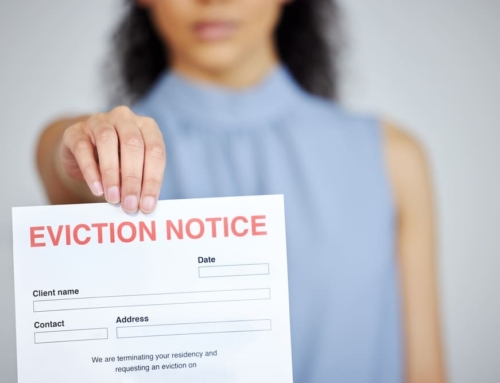
Q: We built a spec house in 2007 as the market declined. We’ve tried to do everything to get it sold and recently received a short sale offer on the home.
At first, our bank agreed to change the loan into an interest-only loan to help with the cash flow, but we can’t manage to cover those payments. Then, our bank went out of business and was taken over by another bank.
We approached our new lender with the short sale offer and agreed to pay them most of the difference between the amount offered by the buyer and the amount owed to the bank by using our retirement savings, but they declined to accept the offer because of the loss sharing agreement they have with the government.
Now my husband was diagnosed with stage three cancer and he’s unable to work and all our cash reserves have been depleted to keep up our payments.
We are in our 50’s, have always been fiscally responsible and want to do the right thing.
Foreclosure is not an option for us because of what it would do to our credit. We feel the bank has acted very irresponsibly and this loss share agreement is working against the taxpayer and for the bank. The bank has no incentive to work with us.
Do you have any suggestions for next steps and do we have any recourse for complaints?
A: We read your letter and felt sick. It reminds us of a story that was circulating a year or two ago that showed that buyers of banks that went under were raking in millions by taking over failed banks.
They weren’t making this money as a result of their wise lending or better skills in making loans, but rather they were making the bulk of their money due to guarantees made by the US government to the banks to take over the failed banks.
The story went on to say that the worse a loan performed, the more money the bank made. It didn’t quite make sense to set up a situation that allowed banks to make billions of dollars with no risk, but it seems to follow directly with what you are saying.
In your situation you could make the bank whole (or very nearly whole) by having the buyer put up most of the money owed on the loan and you put up the difference. Yet if the bank forecloses on you and get half that amount from the sale, the bank might make out better.
How would that work? Well if the bank purchased the loans on the books of the bank at say seventy cents on the dollar and the US government had a formula to guarantee the difference or a formula on the basis of the difference, your bank might make more money taking the loss than being made whole by you.
If your loan balance was $500,000 and you got the buyers to offer for $400,000 plus offered to pay them $50,000, the bank would be close to the amount they were owed. At that point you’d think the bank would be ecstatic to get this lousy loan off its books, but the bank may do better if it can get more money by foreclosing on you and having the US government give them money that would net them more than what you have offered them.
It’s awful to think that the financial system actually works that way, but strange things have happened lately in the bailout of the banks.
You asked who you should complain to. It seems that our representatives in Washington would and should know what has happened to you along with the banking regulators.
However, if the agreements with the banks are such that they are not under a legal obligation to take your deal, then only a political solution can pressure banks to take a deal that is better for taxpayers and may not be as lucrative for those buyers of failed banks.
When you built your spec home you risked your money and time and as part of capitalism, you are now dealing with the down side of the risk. But your current bank may not have a downside and that distorts the market and transfers losses from the bank to the US government.
Unfortunately, your complaints to regulators and to our government may fall on deaf ears. In that case, you must do what is best for you. What may be best for you is to let the home go into foreclosure and save yourself from the sinking ship.
Keep in mind that if the lender has reported your payments to the credit reporting bureaus, your credit history may have been damaged quite a bit by now.
Second, if the home goes into foreclosure, your credit history and credit score will suffer more, but your main priority now must be to take care of your husband with cancer. If you and your husband make it through that fight, you can then work to rebuild your credit history and credit score over the next couple of decades.
You and your husband’s physical and mental health at this point should be your main concern. If the bank is willing to work with you, then work with them. If as you have said, you’ve done all that you can to get the home sold and even found a buyer for the home and offered to take money out of your retirement accounts to pay the lender and the lender rejected that offer, you’ve done as much as you can and should move on and focus on your husband’s health and your family.






Leave A Comment